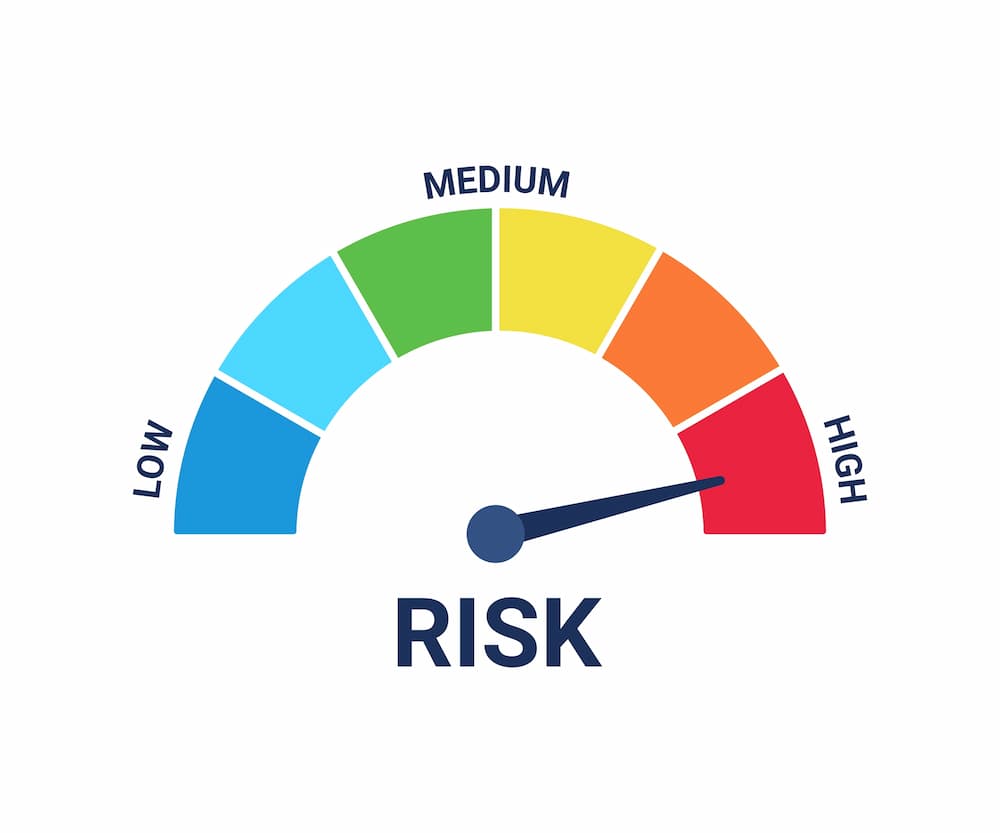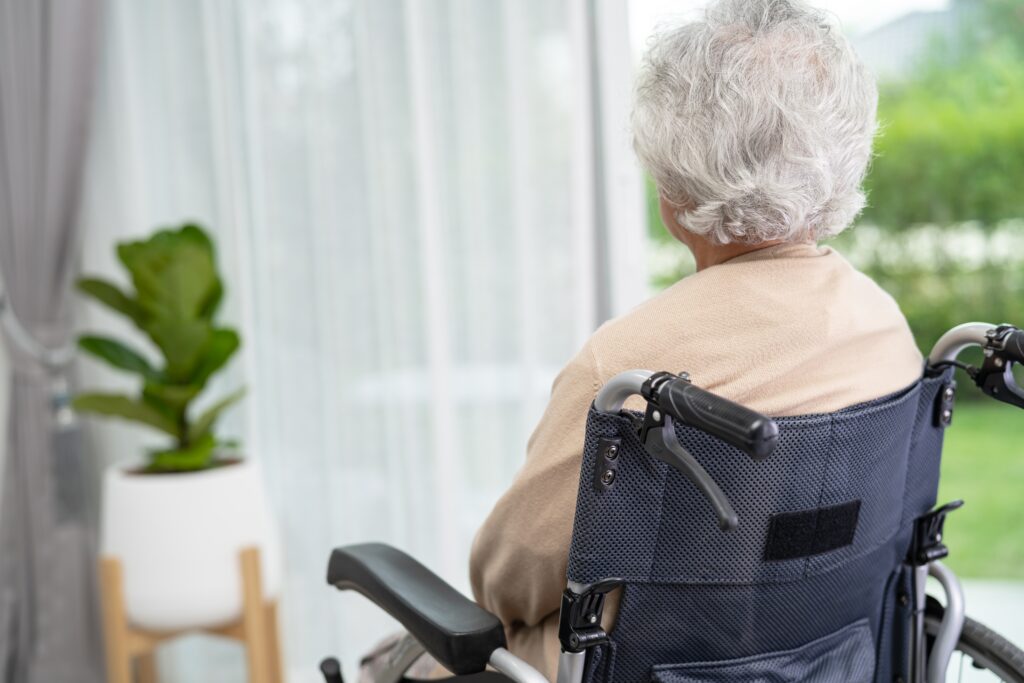What Is The Braden Scale?
The Braden Scale is a widely used clinical tool for assessing a person’s risk of developing pressure ulcers (bedsores). It helps healthcare providers evaluate specific risk factors and implement preventive measures to avoid skin breakdown, particularly in vulnerable populations like elderly patients or those with…


